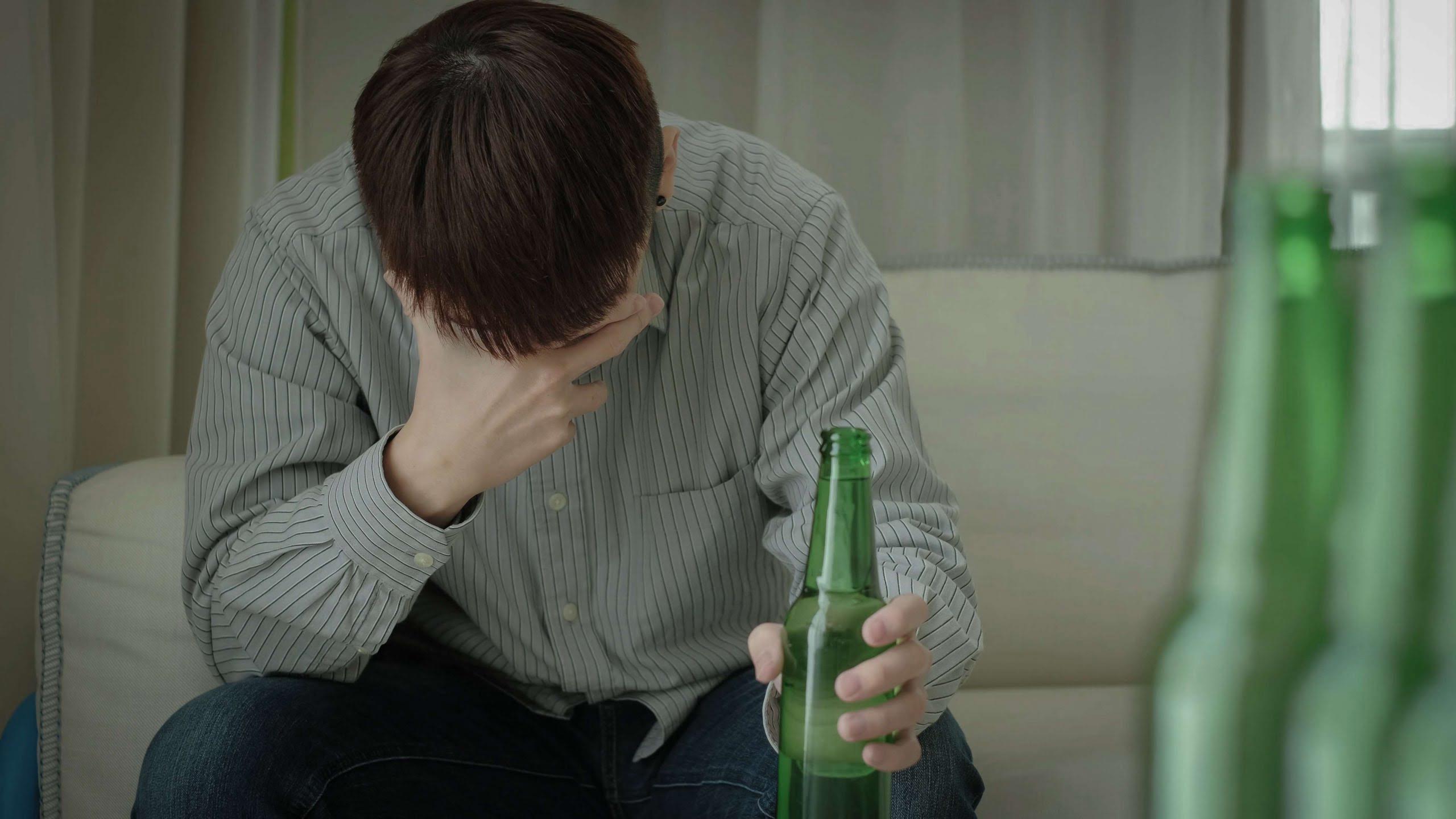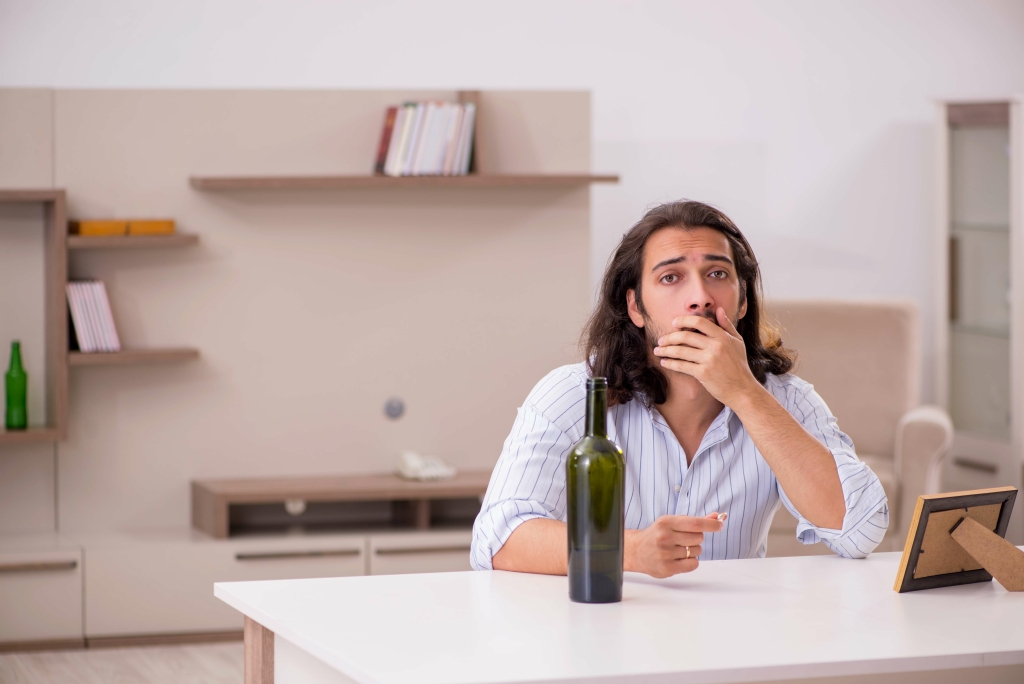Content
The symptoms of having a hypo are similar to feelings of a hangover, so you need to know if you’re having one. No matter how awful you feel, you need to treat a hypo straight away. Living with diabetes does not necessarily mean you have to avoid alcohol completely. In fact, there are certain health benefits to the occasional cocktail or drink. Moderate drinkers, for example, have been shown to experience lower rates of cardiovascular disease.

In patients with ketoacidosis, however, the liver metabolizes the incoming free fatty acids in an additional, unusual way. Under the influence of excess glucagon, some of the free fatty acids are converted to ketone bodies and secreted into the blood, causing severe health consequences. Two additional medications—metformin and troglitazone—are now being used to treat people with type 2 diabetes. These agents act to diabetes and alcohol blackouts lower the patient’s blood sugar levels by decreasing insulin resistance rather than by increasing insulin secretion. Accordingly, these medications help control blood sugar levels without causing hypoglycemia. Insulin resistance does not immediately lead to overt diabetes, because the patient’s pancreatic beta cells initially can increase their insulin production enough to compensate for the insulin resistance.
Things to Keep in Mind If You Choose to Drink
For example, long-term alcohol use in well-nourished diabetics can result in excessive blood sugar levels. Conversely, long-term alcohol ingestion in diabetics who are not adequately nourished can lead to dangerously low blood sugar levels. Heavy drinking, particularly in diabetics, also can cause the accumulation of certain acids in the blood that may result in severe health consequences. Finally, alcohol consumption can worsen diabetes-related medical complications, such as disturbances in fat metabolism, nerve damage, and eye disease.

It’s important to note that there isn’t a set number of drinks that can trigger a blackout. It all comes down to the amount of alcohol in each drink you’ve consumed and the way the alcohol affects you. Liquid sugars are quickly absorbed by the body, so those carbs won’t be much help in preventing or treating a low that may occur hours after you drink. Food, on the other hand, is digested gradually, so it provides better protection against lows. They should try to wake you up to be sure you are not “blackout drunk” and insist that you check your blood sugar and think about any medications you still need to take.
Treating Diabetics Who Have Alcoholism
And always have breakfast – it will help you manage your blood sugar. If you can’t face food or you’ve been sick, drink as many fluids as you can, including some sugary (non-diet) drinks if your blood sugar levels are low. Despite what you may have heard, alcohol is not packed with carbohydrates.

THC, the psychoactive compound found in marijuana, may also increase blackouts when combined with alcohol. Alcohol impairs your ability to walk, speak, react, and remember events. It also lowers inhibition, hinders impulse control, and affects decision-making. The nature of blackouts makes it difficult for researchers to examine the correlation between memory recall and blackout type. If you experience a partial blackout, visual or verbal cues may help you remember forgotten events.
Health Topics: Alcohol-Induced Blackouts
Anything can happen during the minutes, hours, or even days that a blackout spans. This helps you remember where you’ve been, who you’ve spoken to, and the actions you’ve taken. When you remember a specific time or event, the memory is retrieved from your brain’s long-term memory storage, and essentially relived. According to research, binge drinking disrupts your brain’s transfer encoding abilities, and its ability to retrieve memories from both short-term and long-term storage. Many people with alcohol use disorder hesitate to get treatment because they don’t recognize that they have a problem.
- Because alcohol is highly addictive and research links heavy consumption to an array of adverse health effects, avoiding the beverage is the healthiest choice for anyone.
- Alcohol is incredibly accessible, socially accepted, and in many settings, nearly impossible to avoid.
- In the early stages of type 2, the body is still able to produce insulin but is resistant to its effects.
However, it does not mean people with type 2 diabetes cannot drink alcohol. The risks depend on how much alcohol a person consumes, as well as the type. Unlike protein, fat, or carbohydrate, alcohol doesn’t require insulin to provide energy to the body. The exception is sweet dessert wines, which pack 14 grams of carb in a tiny three-and-a-half-ounce glass. Even if you don’t to the point of being drunk and vomiting, it’s still important to understand the way a couple of daily alcoholic drinks affect your overall health as a person with diabetes. Research indicates that blackouts are more likely to occur when alcohol enters the bloodstream quickly, causing the BAC to rise rapidly.
further reading
Overall, alcohol consumption leads to less predictable blood sugar levels, and this can be a risk. The combination of alcohol-induced hypoglycemia, hypoglycemic unawareness, and delayed recovery from hypoglycemia can lead to deleterious health consequences. For example, Arky and colleagues (1968) studied five diabetics who experienced severe hypoglycemia after ingesting alcohol. In all five patients, the alcohol-induced hypoglycemia induced neurological changes, such as incontinence, inability to follow simple commands, perseveration,4 disorientation, and impairment of recent memory. In three patients, those changes did not reverse, even after months or years.
